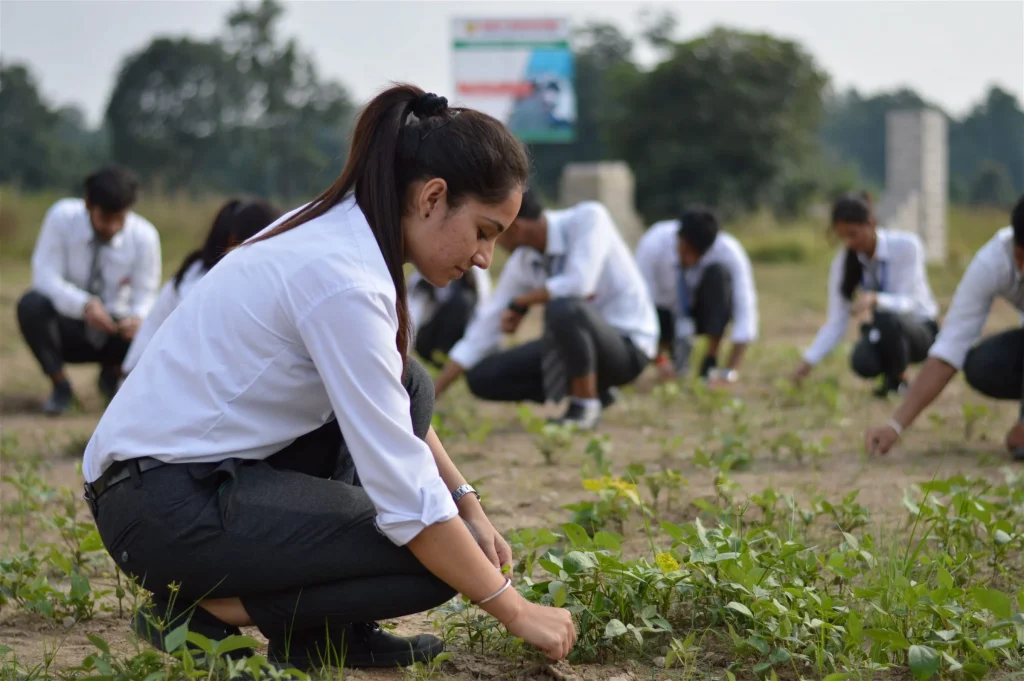Agricultural Universities: Cultivating the Future of Food
Agricultural universities play a vital role in ensuring global food security and promoting sustainable agricultural practices. These institutions provide education, research, and extension services to equip students and professionals with the knowledge and skills necessary to address the challenges and opportunities facing the agricultural sector.
The Role of Agricultural Universities
Agricultural universities serve as centers of excellence for agricultural research, education, and outreach. They conduct research to develop new crop varieties, improve agricultural practices, and address emerging challenges such as climate change, pests, and diseases. Additionally, these universities offer a wide range of undergraduate and graduate programs to train the next generation of agricultural scientists, engineers, and business professionals.
Furthermore, agricultural universities provide extension services to farmers and rural communities. Extension agents work closely with farmers to transfer knowledge and technology, helping them to improve their agricultural practices and increase their productivity.
Key Areas of Focus in Agricultural Universities
Agricultural universities typically focus on several key areas:
- Crop Science: Research and development of new crop varieties, crop management practices, and plant breeding techniques.
- Animal Science: Studies related to animal health, nutrition, genetics, and production systems.
- Soil Science: Research on soil fertility, conservation, and management practices.
- Agricultural Engineering: Development of agricultural machinery, equipment, and technologies to improve efficiency and productivity.
- Agricultural Economics: Analysis of economic issues related to agriculture, such as market trends, policy, and resource allocation.
- Food Science and Technology: Research on food processing, preservation, and quality control.
Challenges and Opportunities
Agricultural universities face several challenges, including:
- Funding: Limited funding can hinder research, infrastructure development, and student support.
- Outdated Curriculum: Curriculums may not be aligned with the latest technological advancements and industry needs.
- Faculty Shortage: A shortage of qualified faculty can limit the quality and quantity of education and research.
- Infrastructure: Inadequate infrastructure, such as laboratories and research facilities, can hamper research activities.
However, agricultural universities also present significant opportunities. They can contribute to addressing global food security challenges by developing sustainable agricultural practices, promoting innovation, and training skilled professionals. Agricultural universities can also play a vital role in climate change adaptation and mitigation by developing climate-resilient crops and agricultural practices.
The Future of Agricultural Universities
As the world faces increasing challenges related to food security, climate change, and resource scarcity, the role of agricultural universities is becoming even more critical. These institutions must continue to adapt and innovate to meet the evolving needs of the agricultural sector. By investing in research, education, and extension services, agricultural universities can help to ensure a sustainable and prosperous future for agriculture and society as a whole.


